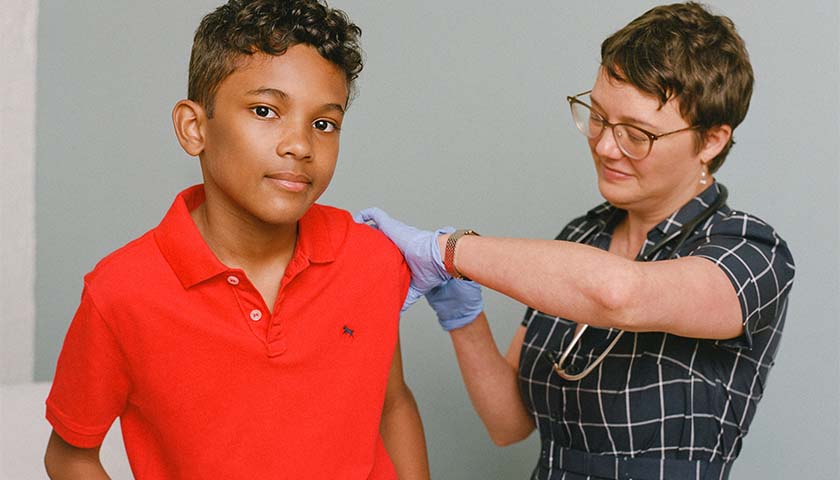Vanderbilt University Medical Center are actively recruiting children from 5-17 years old in order to study possible allergic reactions to the COVID-19 vaccines made by Pfizer (Pfizer-BioNTech) and Moderna.
“It’s important to study children, too,” said Elizabeth Phillips, MD, the principal investigator of the study, who is a professor of Medicine and Pharmacology and the John A. Oates Chair in Clinical Research at VUMC.
Phillips told The VUMC Reporter, “The vaccines have proven to be overwhelmingly safe in both adults and children, but we cannot assume that highly allergic children will react like highly allergic adults to vaccines. By adulthood most have grown out of common food allergies such as milk and egg. In addition, more boys than girls are affected by many types of allergies in childhood whereas this ratio is reversed after adolescence.”
She added, “We are looking for children who have not had the vaccine yet. There are some folks who have a hesitancy to vaccinations when their child has presented with a reaction in the past. Many parents may be avoiding or holding off having their children vaccinated until more information is available.”
In her remarks to The Reporter, Phillips stressed the trial would be a safe place for the children to receive their COVID vaccination. She added the biggest ‘draw’ for parents is that their children will be closely monitored and observed by qualified persons at the hospital. “That level of care provides some comfort to families.”
She said the SARS-CoV-2 mRNA vaccine could be among the safest vaccinations ever developed, and “true allergies associated with [the] vaccine have proven to be very rare.”
Vanderbilt is one of 29 sites participating in the trial, which is supported by the National Institute of Allergy and Infectious Diseases of the National Institutes of Health.
Phillips noted she and her team are seeking 20 subjects for the trial, who have no history of severe allergic reactions. The study will be conducted by participants placed in two groups, randomized to receive the vaccine or a placebo of simple saline solution. All children will be observed for an hour and a half after receiving their dose of the vaccine, and those who received the placebo can get the actual vaccine four days later. Blood and urine samples will be taken from participants as part of the study to determine responses and mechanisms of reactions to the vaccines.
– – –
Morgan Nicole Veysey is a reporter for The Tennessee Star and The Star News Network. Follow her on Twitter. Email tips to [email protected]
Photo “Young Boy Receiving a Vaccine” by SELF Magazine. CC BY 2.0.








